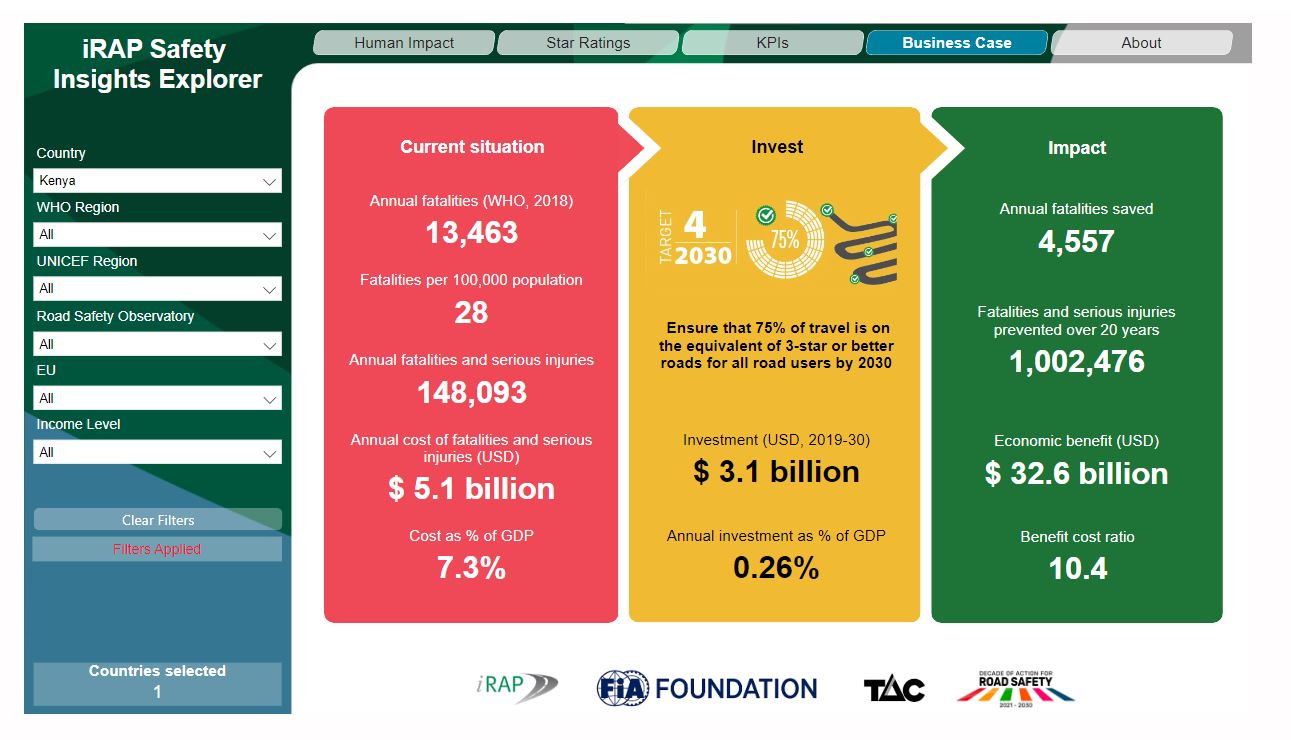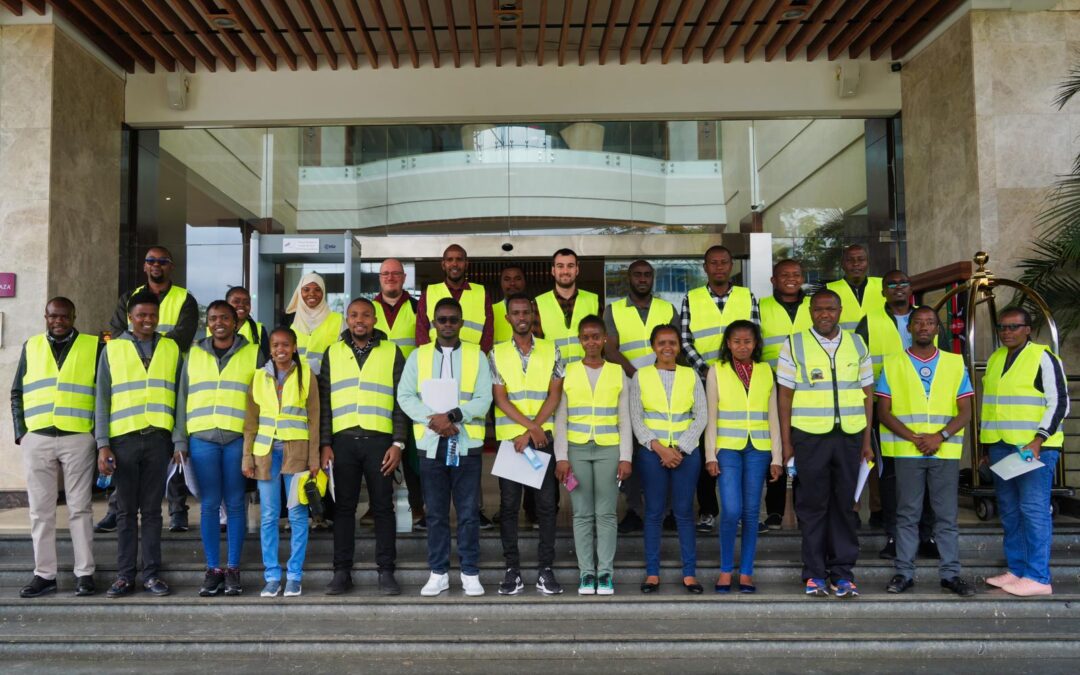Original LinkedIn post by Marko Sevrovic, Head of Transport Planning Dept. at FTTS (FPZ) / Senior Road Safety Engineer at EIRA
University of Zagreb Faculty of Transport and Traffic Sciences (FPZ) has successfully concluded a three-day workshop in Nairobi, focusing on the International Road Assessment Programme (iRAP) methodology.
Key participants included members from the Kenya National Highways Authority (KeNHA), Kenya Rural Roads Authority (KeRRA), Kenya Urban Roads Authority (KURA), Kenya Roads Board (KRB), National Transport and Safety Authority (NTSA), and the State Department of Transport (SDOT).
The workshop’s core objective was to deepen understanding of iRAP standards and their application in assessing road safety. This involved an analysis of survey data from Kenyan roads managed by KeNHA, KeRRA, and KURA, identifying safety deficits and potential improvements as well as the role of RAMS asset management data in future road safety improvements projects.
The project is financed and implemented by the World Bank’s Global Road Safety Facility under the Bloomberg Philanthropies Initiative for Global Road Safety (BIGRS) 2020-2025.
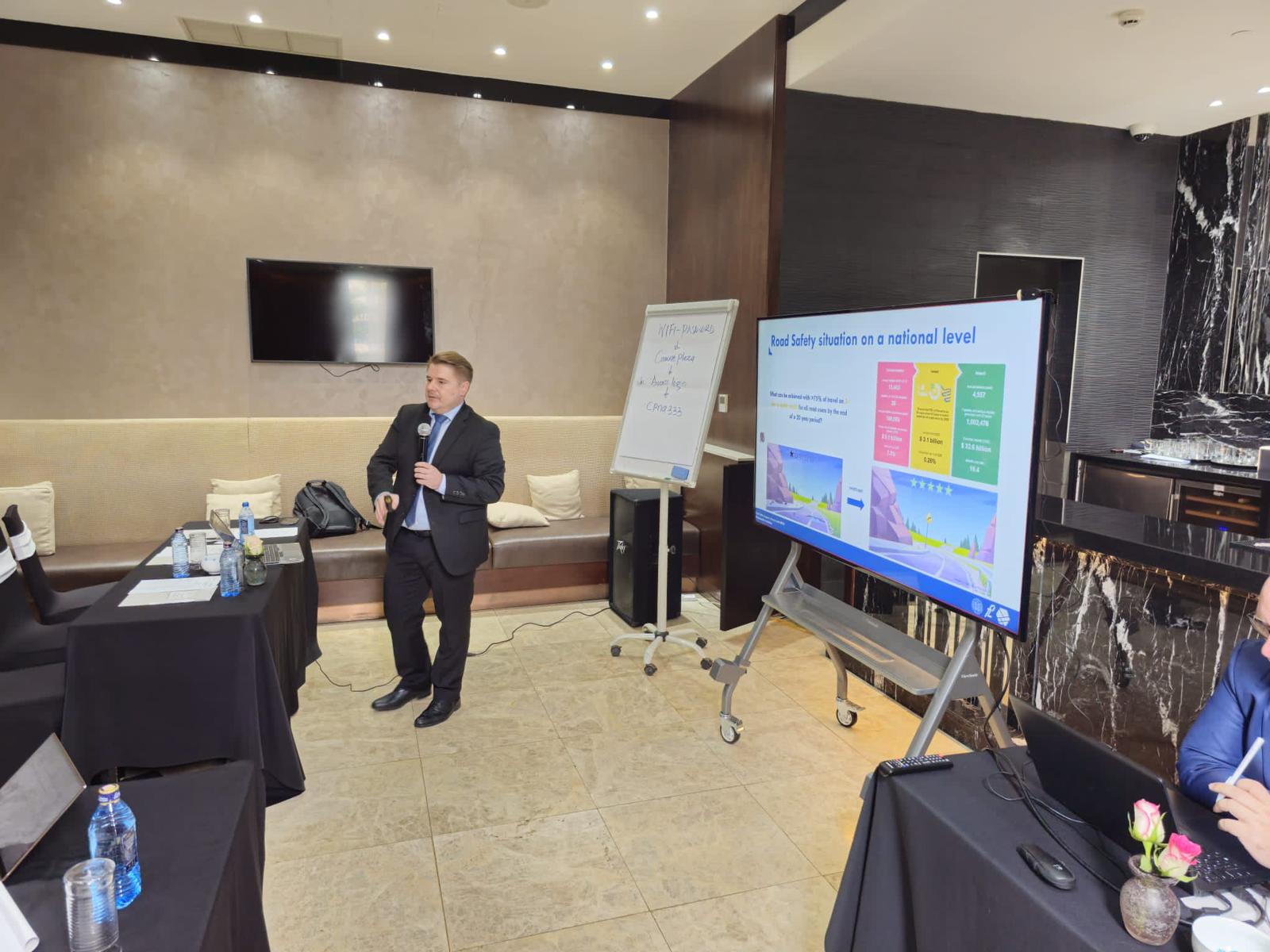
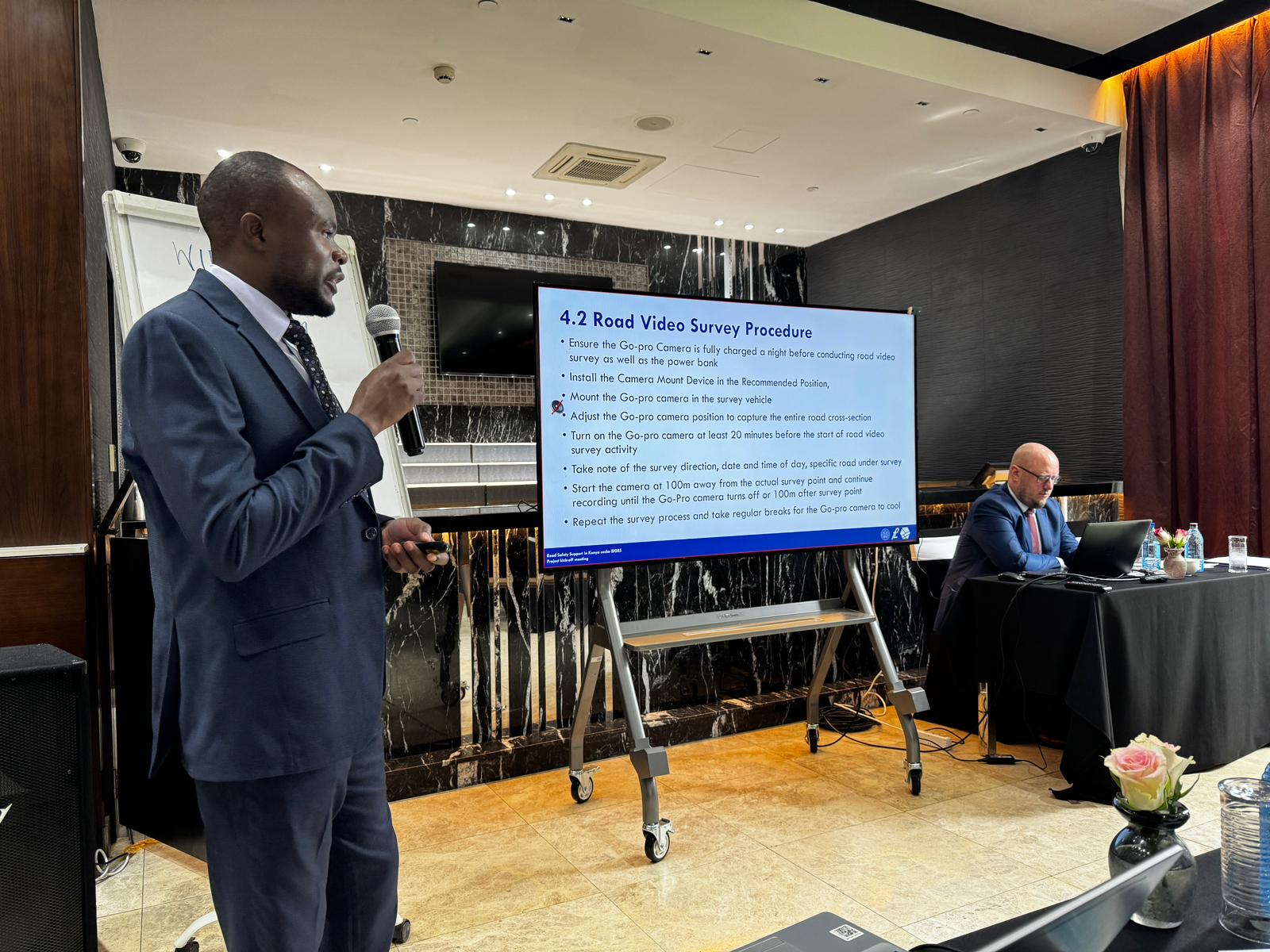
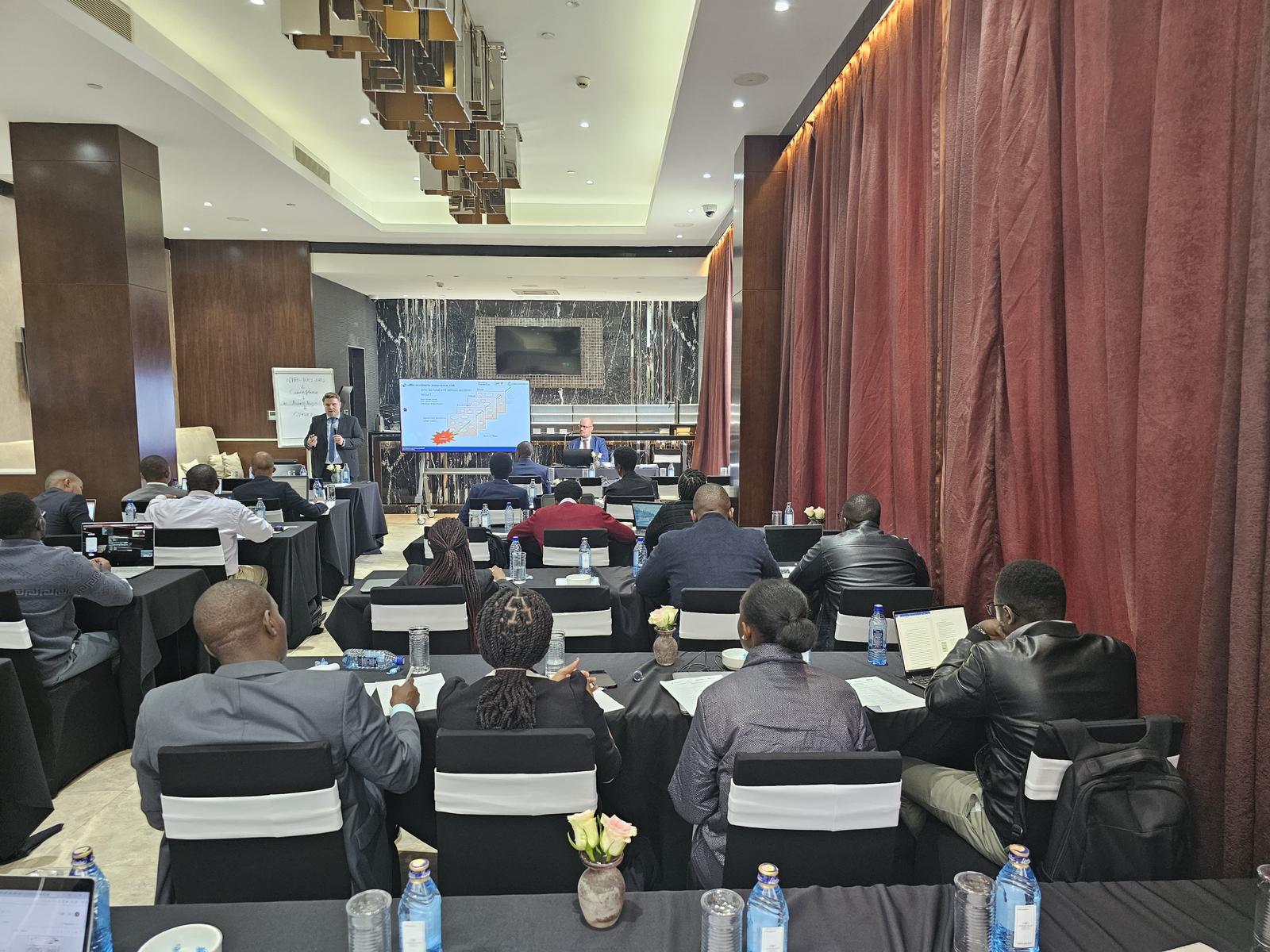
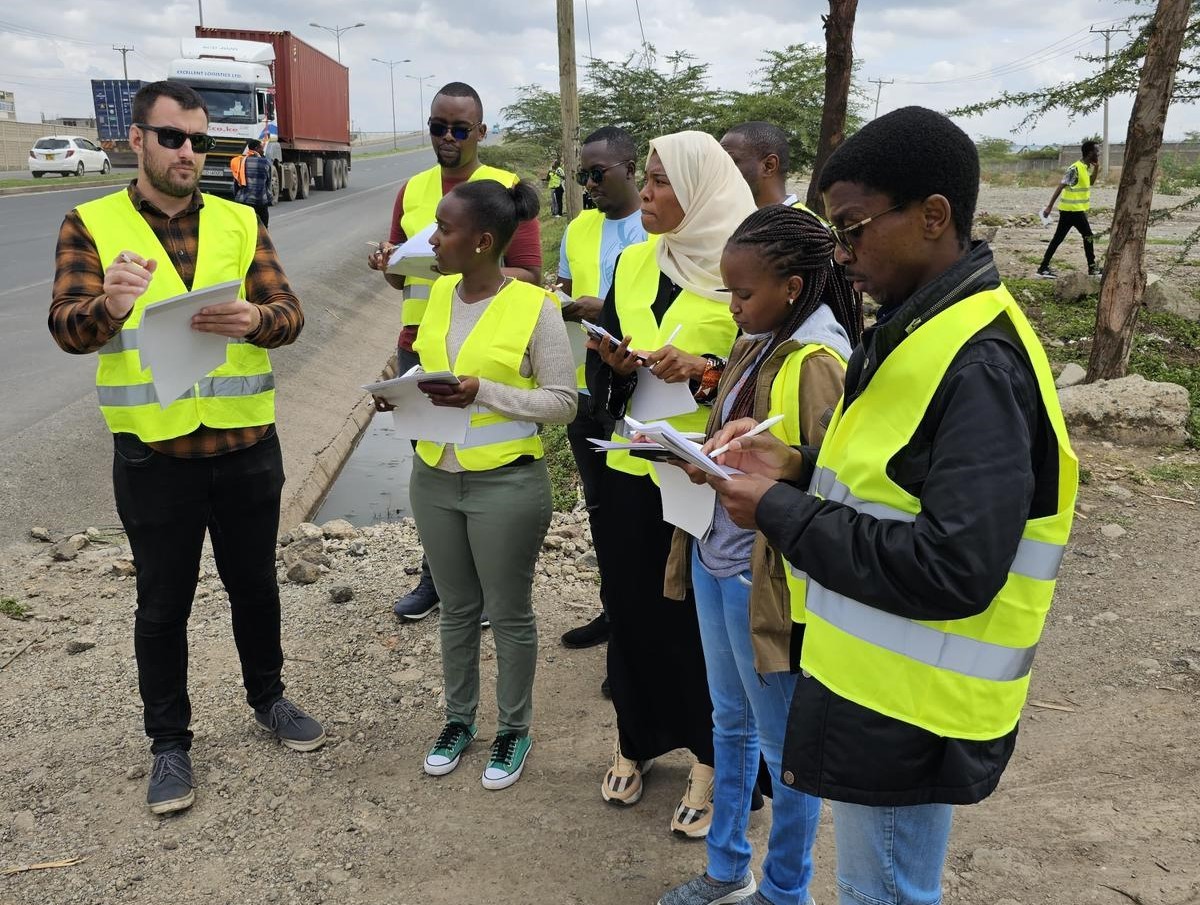
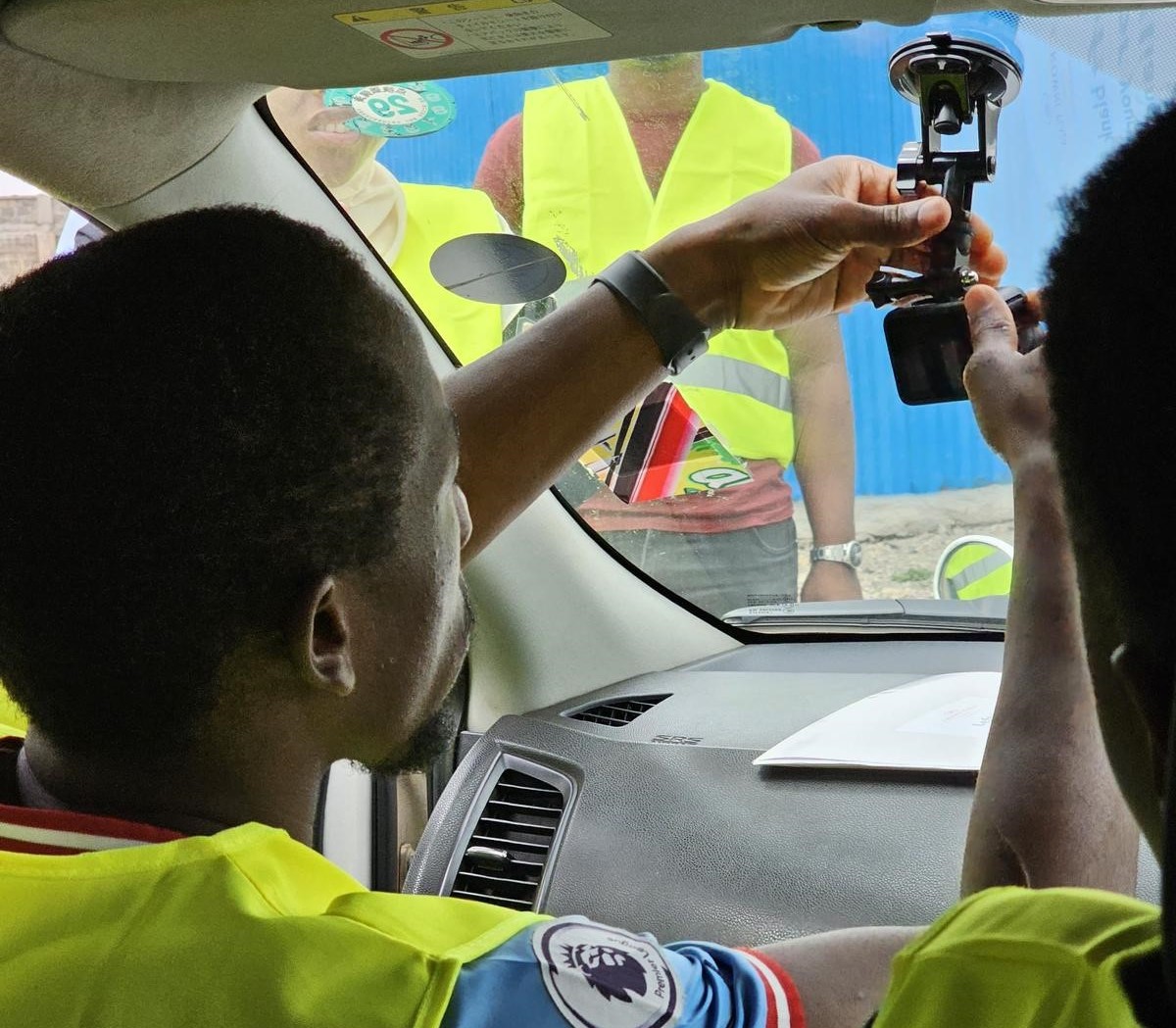
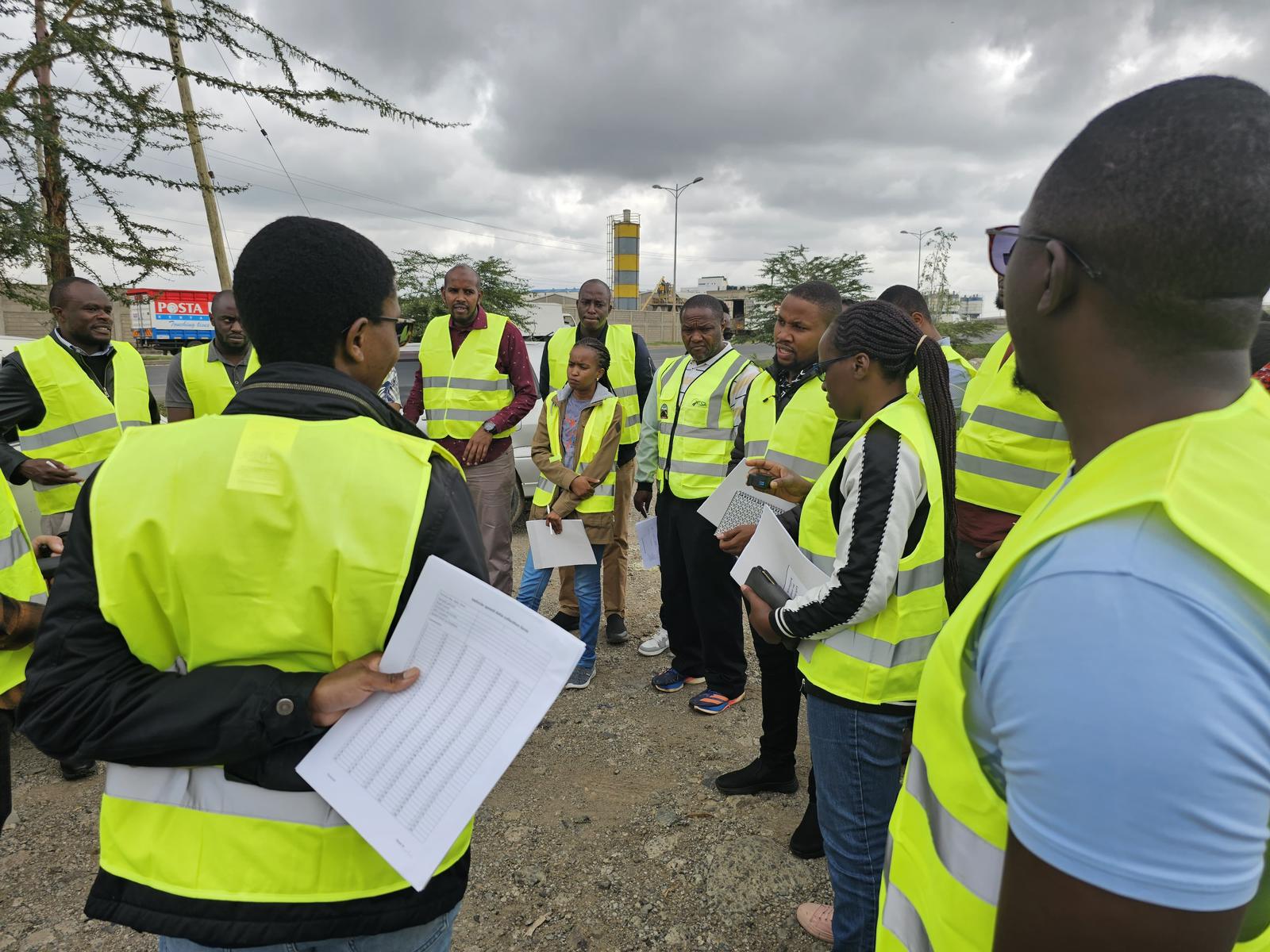
In a separate but equally important development, Marko Sevrovic held a strategic meeting with the African Road Maintenance Funds Association (ARMFA). This meeting focused on discussing and planning future iRAP initiatives across the African continent.
These efforts mark a critical advancement in applying the iRAP methodology to systematically improve road safety in Kenya and contribute to broader safety initiatives across Africa.
According to iRAP Safety Insights Explorer, achieving greater than 75 percent of travel on 3-star or better roads in Kenya by 2030 could save an estimated 1,02,476 fatalities and serious injuries over the 20 year life of road treatments with an economic benefit of USD$32.6 billion to the country’s economy – $10.40 for every $1 spent.
